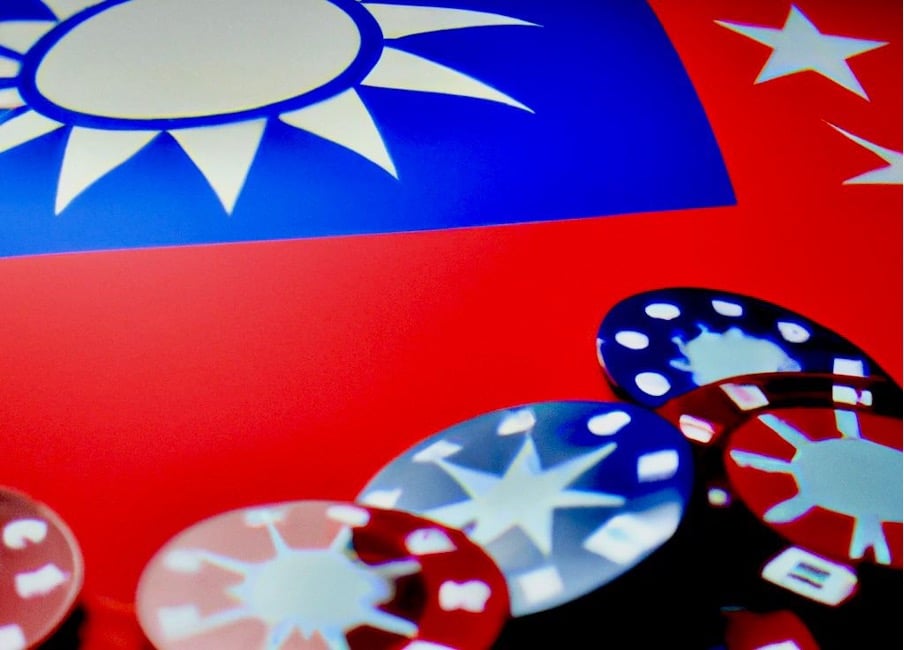After the President of the Philippines announced a comprehensive crackdown on the offshore gaming industry, condemning related financial fraud, money laundering, prostitution, human trafficking, and even kidnapping and murder, he ordered that foreign workers in the offshore gaming industry must leave the country within two months.
The Manila authorities acted swiftly, immediately deporting the first batch of 30 citizens from Mainland China.
After former President Duterte took office in 2016, he green-lighted the issuance of online casino licenses by the gaming regulatory authority, catering to the huge market demand from Mainland China following its vigorous anti-corruption campaign, thus becoming one of the significant sources of revenue for the Philippine government.
The offshore gaming in the Philippines reached its peak before the outbreak of the COVID-19 pandemic, stimulating the robust development of real estate and retail services in the Greater Manila area.
Duterte defended offshore gaming as a necessary evil that could create a large number of job opportunities, but in reality, it caused more harm than good. The Philippine Department of Finance pointed out in a Senate hearing in July last year that the annual gross revenue of offshore gaming operators was less than 100 billion Taiwanese dollars (about 3.6 billion US dollars), yet it led to approximately 150 billion Taiwanese dollars (about 5 billion US dollars) in national economic losses, including rampant criminal activities that deter foreign investment and reduce the interest of foreign tourists.
Most offshore gaming operators are from Mainland China, and many victims are also Chinese citizens, turning into a breeding ground for crime. The suspended Chinese mayor of Banban City, Guo Huaping, is a prime example.
Banban City, located about 100 kilometers north of Manila with a population of less than 80,000, saw the development of its offshore gaming industry after the mysterious Guo Huaping was elected two years ago, leading to suspicions that Guo was the backbone of the criminal industry chain.
In March this year, law enforcement authorities cracked down on a network scam group targeting people from Mainland China, found evidence of human trafficking, illegal detention, and torture, and rescued nearly 800 victims. The headquarters was located behind the mayor's office, and with its mysterious background and numerous doubts, Guo Huaping became a target of witch-hunting in the anti-China sentiment;
The conspiracy theories about a mainland Chinese female spy are purely baseless, denounced by the Chinese Embassy in the Philippines as slander and defamation, as the Beijing authorities have never been pleased to see the Philippines develop offshore gaming that exploits Chinese people. The complete ban on offshore gaming has become a rare consensus between the two countries with strained relations.
There are 46 legal offshore gaming companies in the Philippines, and nearly 300 operate without a license, with legal entities significantly covering illegal activities, bringing a large number of legal or illegal workers from Mainland China, peaking at several hundred thousand, and also attracting many Taiwanese to work, estimated at one time to be as many as tens of thousands.
Taiwanese engineers in the Philippines, dubbed "eating spinach" (gambling) by local media, form a cross-border division of labor model with Mainland Chinese financiers, Taiwanese subcontractors, and Philippine headquarters.
Given the frequent kidnapping cases related to gambling, the Taiwanese Office in the Philippines issued a public reminder in September 2022, advising Taiwanese in the Philippines or those intending to work in gambling not to let themselves fall into danger due to financial temptations, proving that the overseas units are well aware that many young Taiwanese are "eating spinach" in the Philippines.
As the Philippine government bans offshore gaming, will the unemployed young Taiwanese in the gambling industry become wandering Taiwanese abroad? PASA will closely monitor and follow up.











